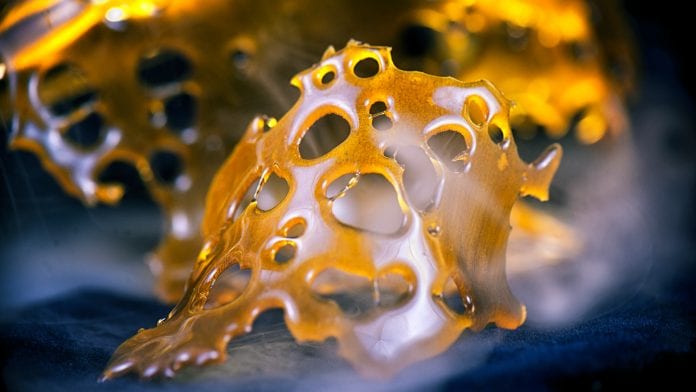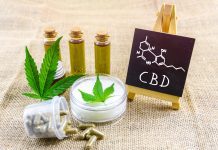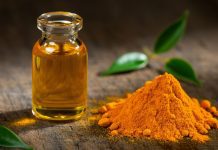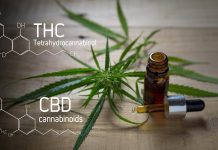
A new study has shown that cannabis concentrates do increase THC levels in the blood, but do not actually have a stronger psychoactive impact – or, do not make you ‘higher’.
The research, carried out by University of Colorado Boulder researchers in their first-of-its-kind cannabis research van, investigated whether smoking cannabis with high levels of the psychoactive THC cannabinoid has a stronger impact than less potent cannabis, with an aim to inform understanding about the long-term health risks posed by cannabis concentrates.
Looking at regular users of cannabis, the researchers found that high potency cannabis concentrates boost blood levels of THC more than twice as much as smoking less potent cannabis, but it does not necessarily make people ‘higher’.
The paper has been published in JAMA Psychiatry and is the first to assess the acute impact of cannabis among real-world users of legal market cannabis products.
An unexpected finding
Studies to date have looked at cannabis products with a much lower level of THC than real-world products, so the researchers used the ‘cannavan’ mobile laboratories to study the cannabis products smoked by people in real-life settings. Cinnamon Bidwell, an assistant professor in the Institute of Cognitive Science, and colleagues drove the van to the residences of the study participants who used cannabis they had purchased themselves and then walked out for tests in the van.
Bidwell said: “We cannot bring legal market cannabis into a university lab, but we can bring the mobile lab to the people.
“Surprisingly, we found that potency did not track with intoxication levels. While we saw striking differences in blood levels between the two groups, they were similarly impaired. It raises a lot of questions about how quickly the body builds up a tolerance to cannabis and whether people might be able to achieve desired results at lower doses.”
The researchers emphasised that using concentrates could put people at higher risk of long-term side effects.
What cannabis products did the study investigate?
A total of 121 regular cannabis smokers, half of which used concentrates including oils and waxes with 70% or 90% THC, the other half of which used flower containing either 16% or 25% THC. Blood tests were taken and the subject’s mood and intoxication levels were measured, as well as cognitive function and balance, before they used the products, directly after and one hour after.
The results found that those who used the concentrates had much higher levels of THC in their blood, however, despite which type or potency of cannabis the participants used, their self-reports of intoxication and measures of balance and cognitive impairment were very similar.
Co-author, CU Boulder psychology and neuroscience Professor Kent Hutchison, said: “People in the high concentration group were much less compromised than we thought they were going to be. If we gave people that high a concentration of alcohol it would have been a different story.”
Why does more THC not cause increased intoxication?
The researchers do not know why those with high THC levels did not experience greater intoxication but believe it could be down to tolerance levels, genetic or biological differences that make some people metabolise THC quicker, or that once the cannabinoids fill the receptors in the brain – additional cannabinoids have little impact.
The researchers said: ‘Cannabinoid receptors may become saturated with THC at higher levels, beyond which there is a diminishing effect of additional THC.’
The study examined regular cannabis users who have learned to meter their cannabis use and the authors emphasise that it does not apply to inexperienced users, who should be extremely cautious when using cannabis concentrates.
“Does long-term, concentrated exposure mess with your cannabinoid receptors in a way that could have long-term repercussions? Does it make it harder to quit when you want to?” added Hutchison. “We just don’t know yet.”







